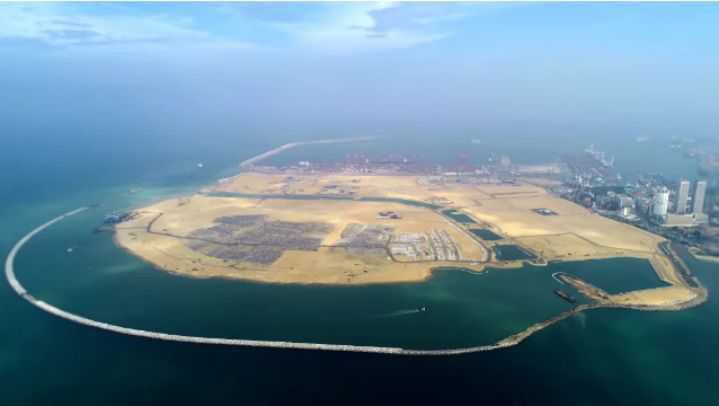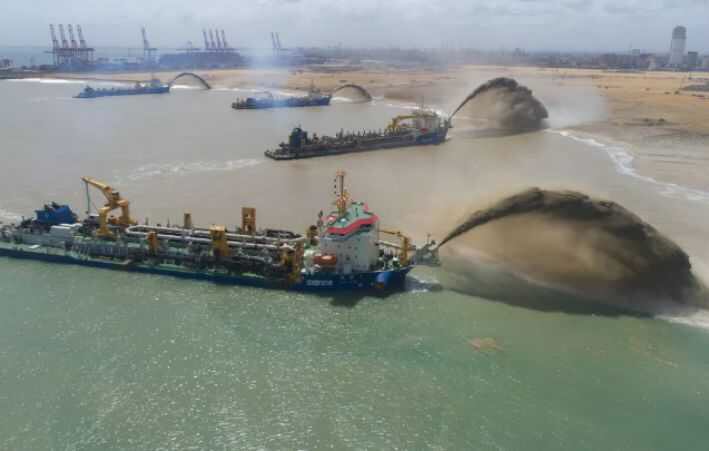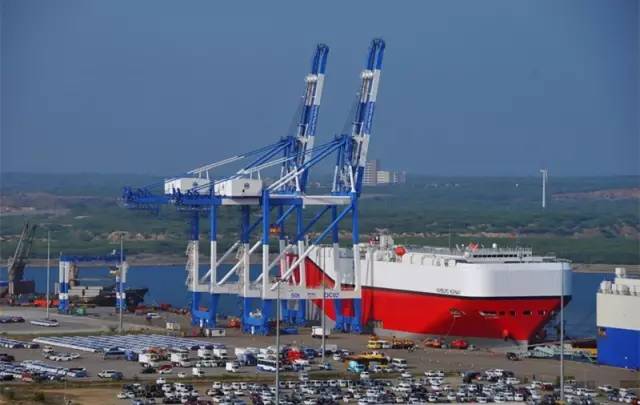Jura The idiot
General
Dec 9, 2017
4 navires spécifiques, 269 hectares de terre crées sur mer en 6 mois au Sri Lanka, on comprend mieux comment les Chinois ont bâti leurs fortifications en mer de Chine méridionale.
Translated from French by
4 specific vessels, 269 hectares of land created on sea in 6 months in Sri Lanka, we understand better how the Chinese built their fortifications in the South China Sea.


guess it's down there:Sri Lanka formally hands over Hambantota port to China on 99-year lease
found using google after I had noticed the tweet
China Merchant Ports Holdings (CMPH) and the Sri Lanka Ports Authority will co-manage the operations of Hambantota Port after Sri Lanka hands over the port to the CMPH 99-year lease.

4 navires spécifiques, 269 hectares de terre crées sur mer en 6 mois au Sri Lanka, on comprend mieux comment les Chinois ont bâti leurs fortifications en mer de Chine méridionale.
Translated from French by
4 specific vessels, 269 hectares of land created on sea in 6 months in Sri Lanka, we understand better how the Chinese built their fortifications in the South China Sea.



